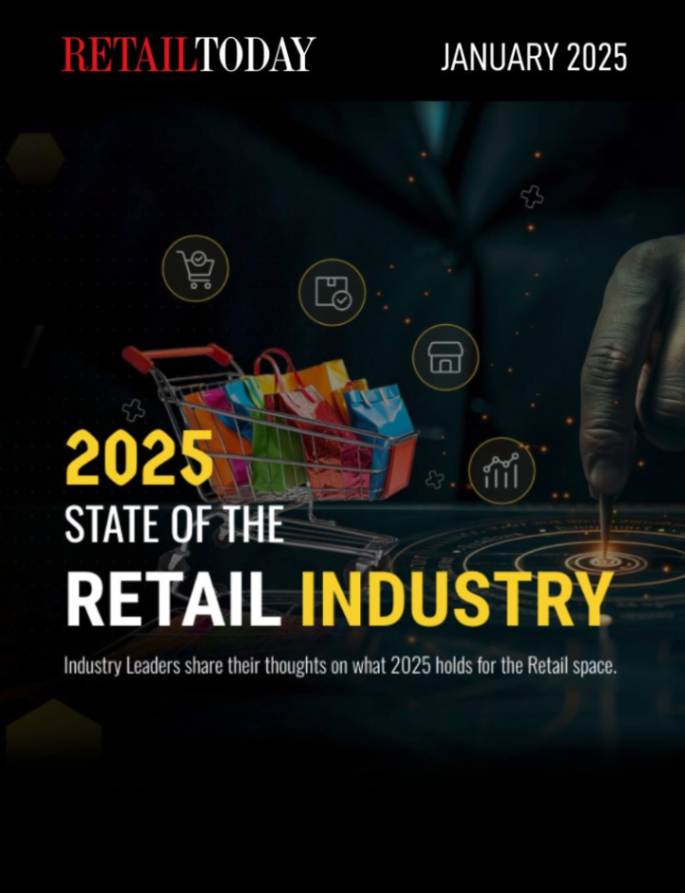
COVID-19 has altered the retail landscape, drastically accelerating the pace of digital transformation, tripling the amount of consumer spending, and forcing retailers to adapt their business models in real-time.
Much like the past two years, 2022 will be a defining year for eCommerce. This year, it’s clear that effectively using data and technology will be a key success factor for retail and consumer brands.
As brands define their eCommerce strategies for 2022, they should be mindful of these 3 trends:
1. Marketing and tech teams will start to merge as companies adopt a more holistic approach to personalization.
Personalization will be an important strategic pillar for retailers as they expand their eCommerce capabilities, but implementing personalization effectively requires a holistic approach built on collaboration between marketing and technical teams.
With 63% of consumers willing to switch brands if they can’t find what they’re looking for, personalization for individual consumers is essential. To do this at scale, brands need the right tools with capabilities that align with business objectives and are easy to integrate. As they go through this process, it will be essential for marketing and tech teams to support each other.
2. Collecting zero-party and first-party data is the foundation of effective data use.
Data has always been a competitive advantage for retailers and an important pillar of any eCommerce strategy. As brands try to future-proof their data against the shift away from third-party cookie support, and consumers become more sensitive to data tracking, investing in collecting first-party and zero-party data is a clever move for marketers trying to pivot their data collection and management practices.
Collecting and properly tagging this data is the foundation for personalization at scale and improving relationships with consumers. Doing this equips marketing teams to improve the accuracy of shopper insights and product recommendations, which immediately impacts revenue growth and brand loyalty.
3. Predictive personalization will replace A/B testing.
The end goal of A/B testing is to provide consumers with experiences that are relevant to their needs and preferences. As marketing technology improves, brands no longer have to A/B test in order to provide consumers with the personalized experiences they expect. A/B testing isn’t scalable because it involves manually setting up tests for limited groups, whereas predictive personalization tools have the capabilities to curate experiences for individual consumers and positively impact marketing ROI.
Predictive personalization tools leverage machine learning to identify patterns that humans can’t, going beyond A/B testing to include dynamic segmentation, personalized product recommendations, and dynamic content and layouts. This type of customer journey optimization will become the new norm for eCommerce driven brands.
As brands define their eCommerce strategies for 2022, being mindful of these trends and jumping on the data and personalization bandwagon can help them stay ahead of the curve and meet consumer expectations. In 2022, creating personalized experiences for consumers at scale, and using data and technology effectively could help brands increase sales, improve loyalty and marketing ROI.
Featured on the Forbes 30 Under 30 list in 2020, Diane Keng is obsessed with building mind-blowing tech alongside our team of super geniuses. Diane was previously a software engineer at Apple & Symantec and earned a B.S. in Computer Engineering from Santa Clara University.






